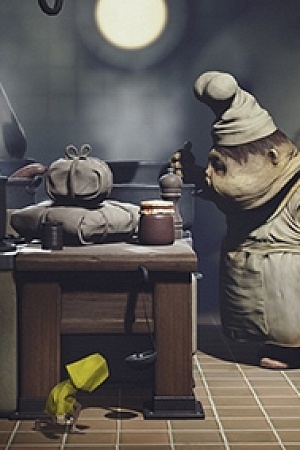Horizon Zero Dawn (Guerrilla Games/Sony Interactive Entertainment) ★★★★1/2 and The Walking Dead (Telltale Games) ★★★★
The worlds of literature and video games appear at first glance to be distinctly at odds. Book lovers may feel that playing video games is puerile, a waste of time that could be better spent improving oneself by reading. Some gamers regard books as old hat, a stuffy waste of time that could be better spent enjoying oneself conquering digital guardians. But these worlds are merging more with each passing year. Computer and console technology is now so advanced that games resemble feature films. Graphics are lifelike, characters are motion-captured by actors, and soundtracks make the music charts (as was the case with Jessica Curry’s composition for 2015’s Everybody’s Gone to the Rapture, which was the best-selling classical album in the UK upon its release).
Little wonder, then, that game developers are making inroads into the territory previously inhabited solely by authors of literary fiction, by designing immersive narrative games that follow all the conventions of the novel. Games have always been, to a degree, playable stories, but the medium is now so awash with familiar tics that both designers and players alike are demanding a narrative maturity that has pushed video games to a new, highly literary level.
Continue reading for only $10 per month. Subscribe and gain full access to Australian Book Review. Already a subscriber? Sign in. If you need assistance, feel free to contact us.








Leave a comment
If you are an ABR subscriber, you will need to sign in to post a comment.
If you have forgotten your sign in details, or if you receive an error message when trying to submit your comment, please email your comment (and the name of the article to which it relates) to ABR Comments. We will review your comment and, subject to approval, we will post it under your name.
Please note that all comments must be approved by ABR and comply with our Terms & Conditions.